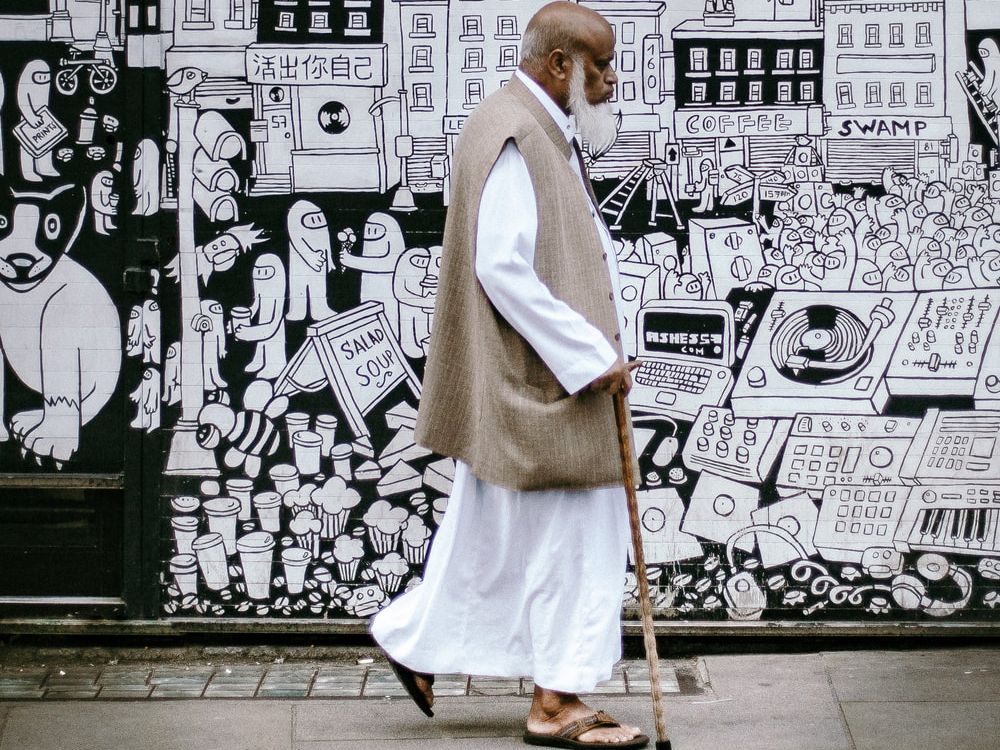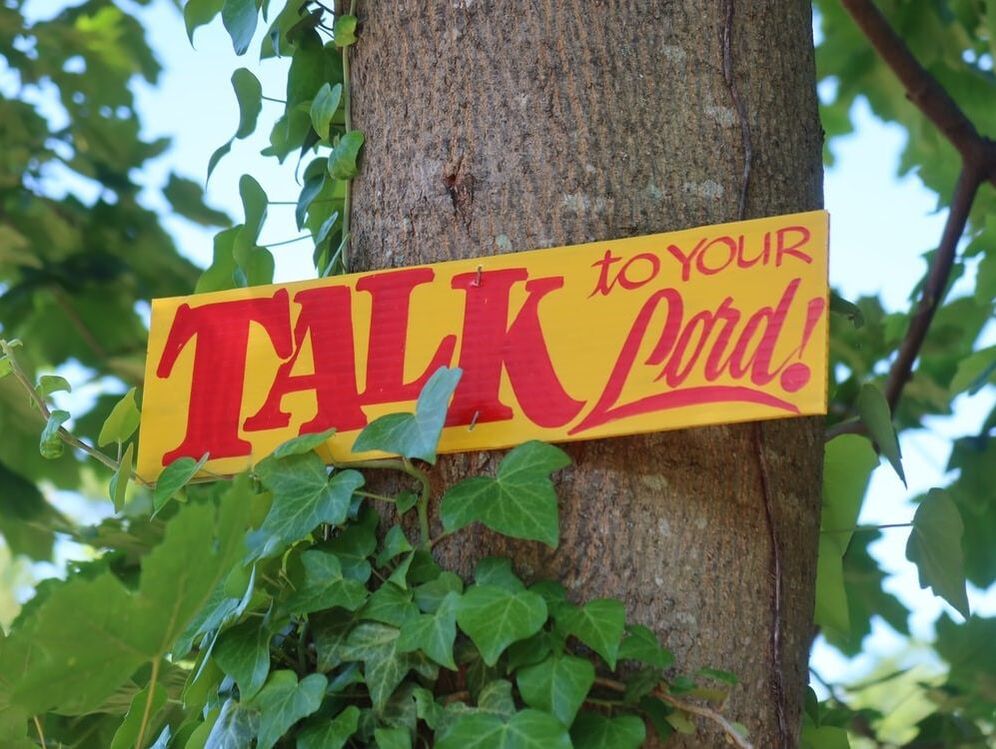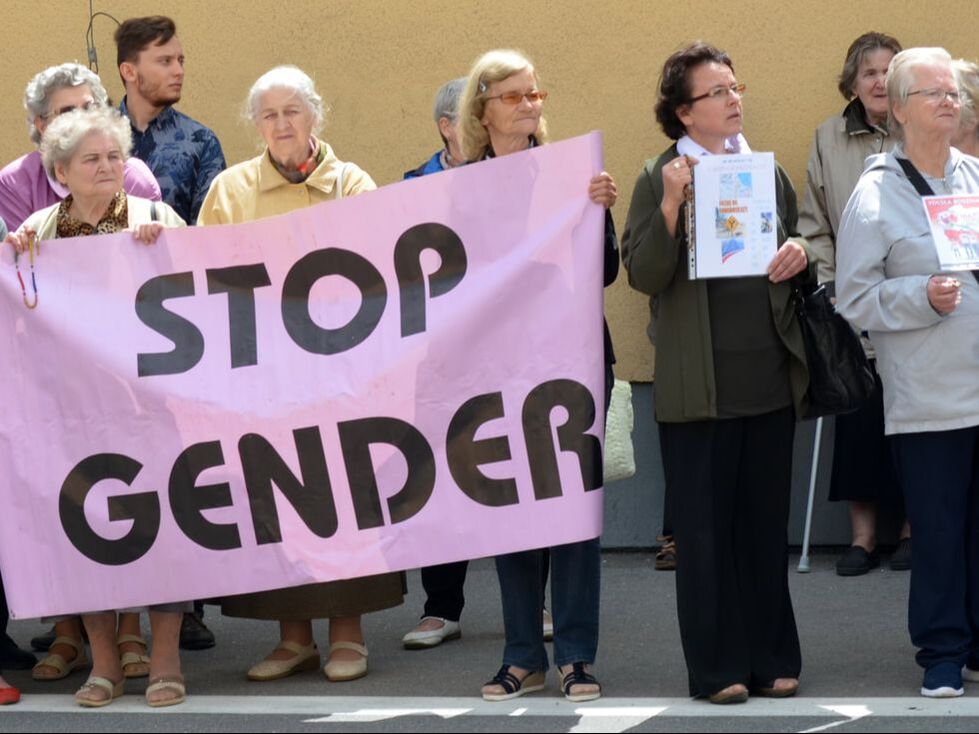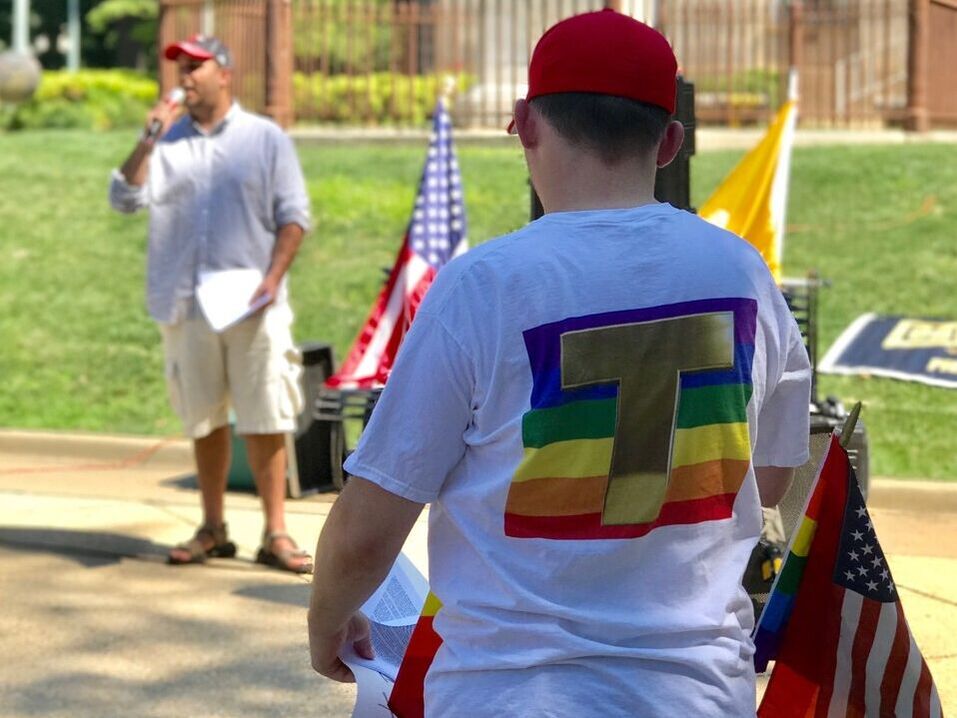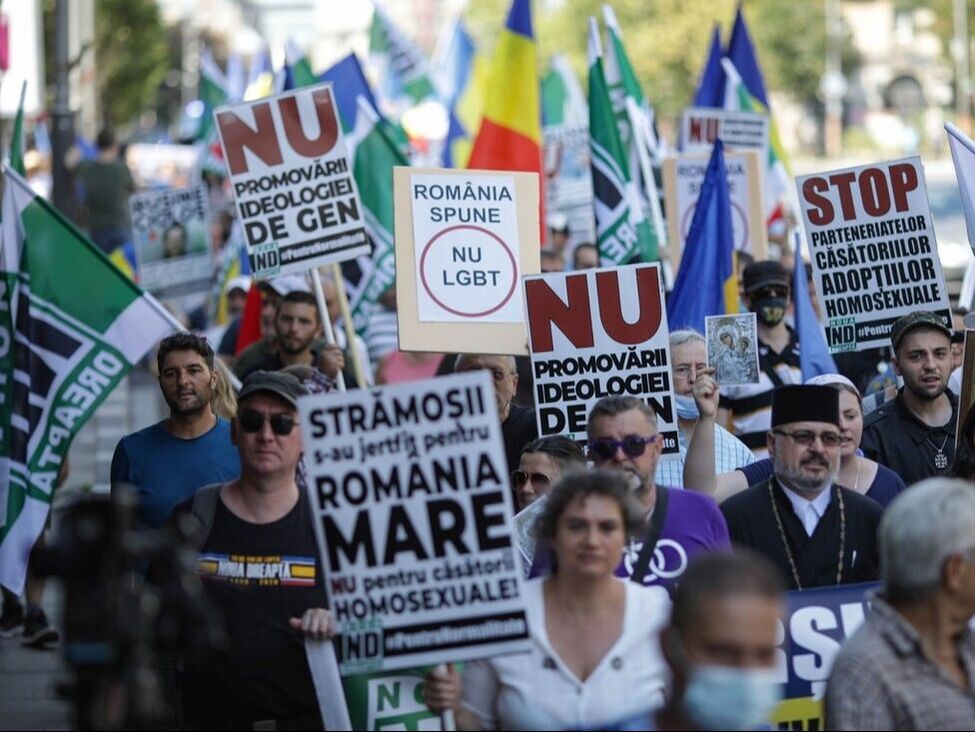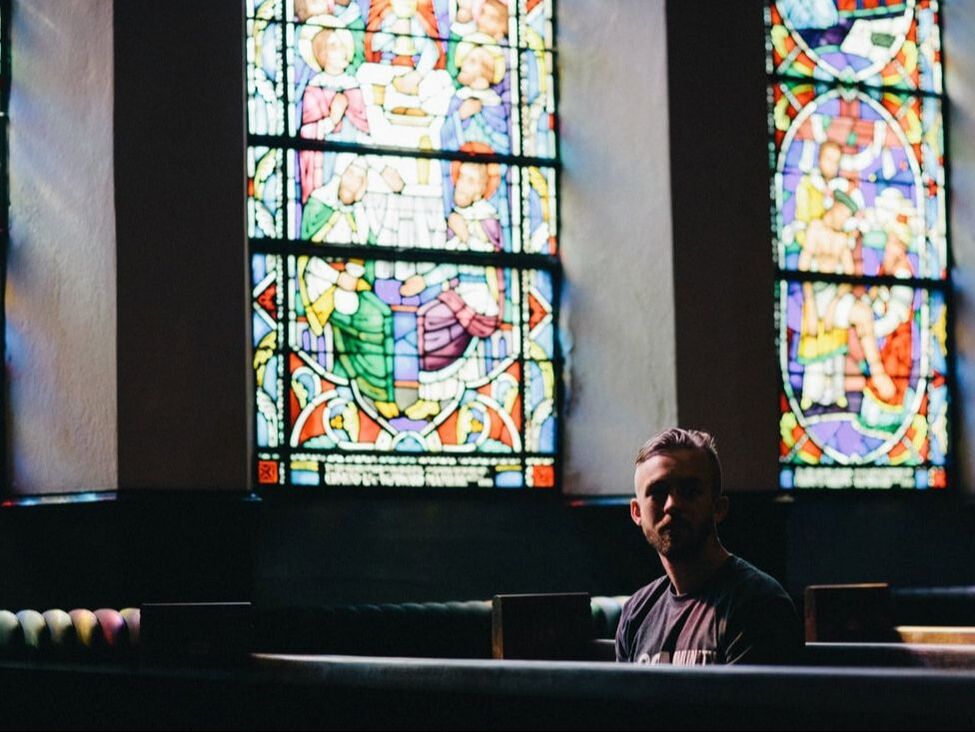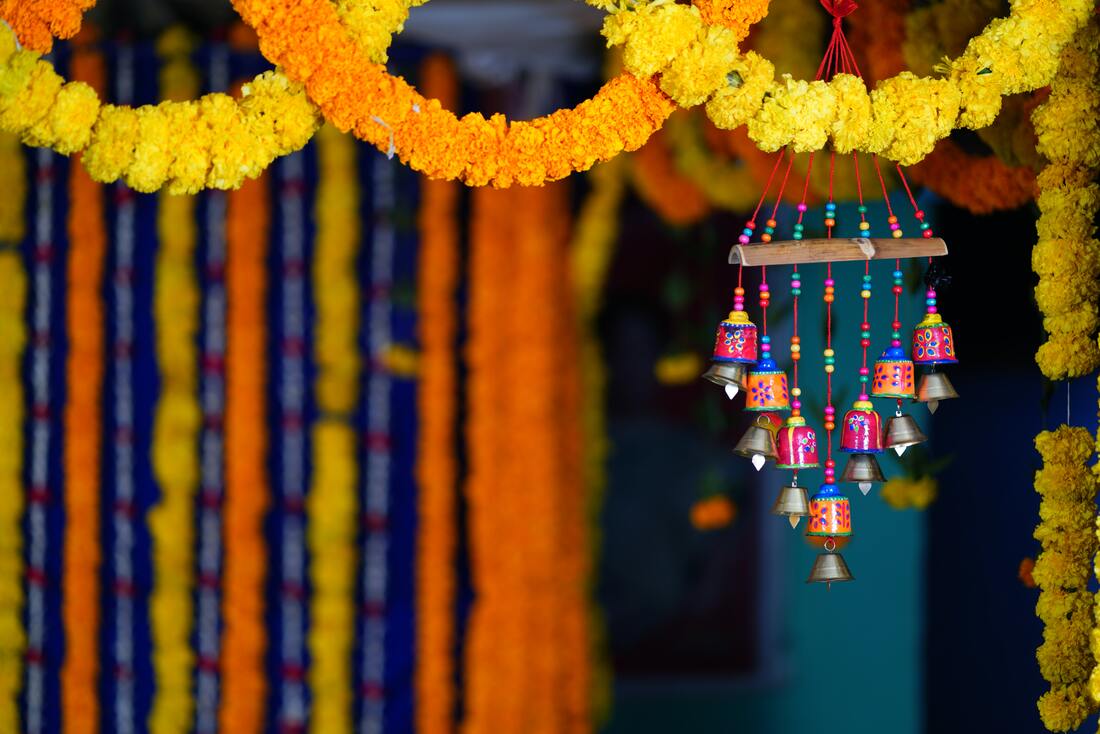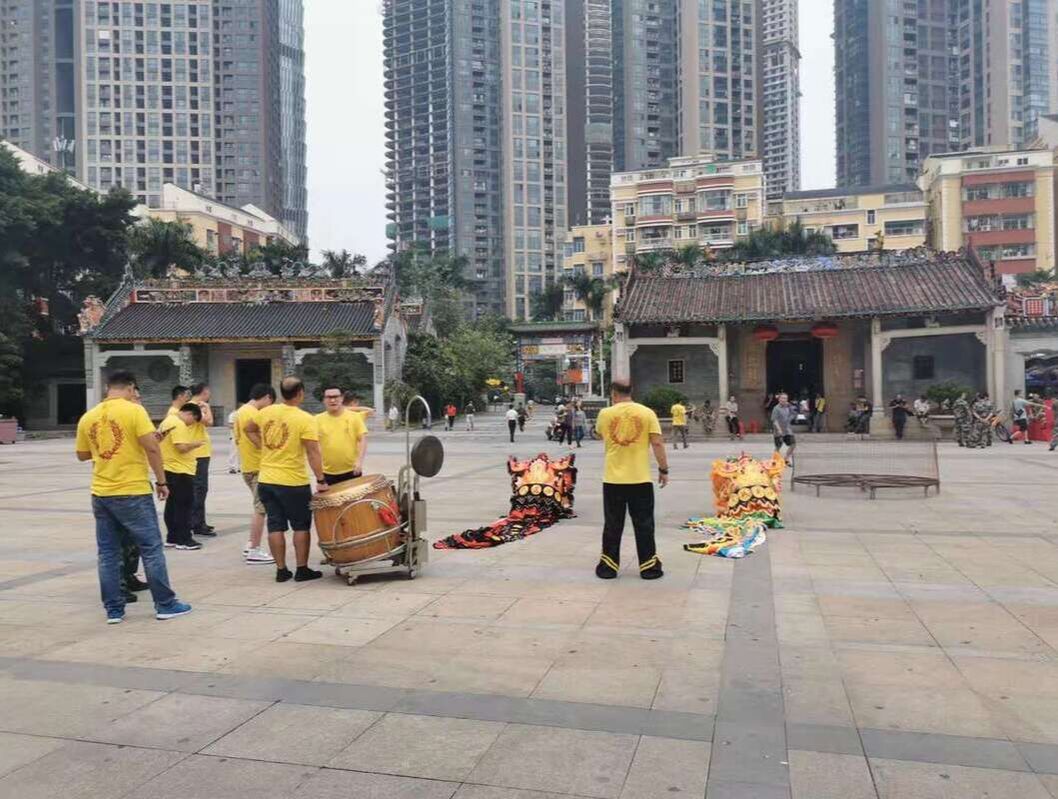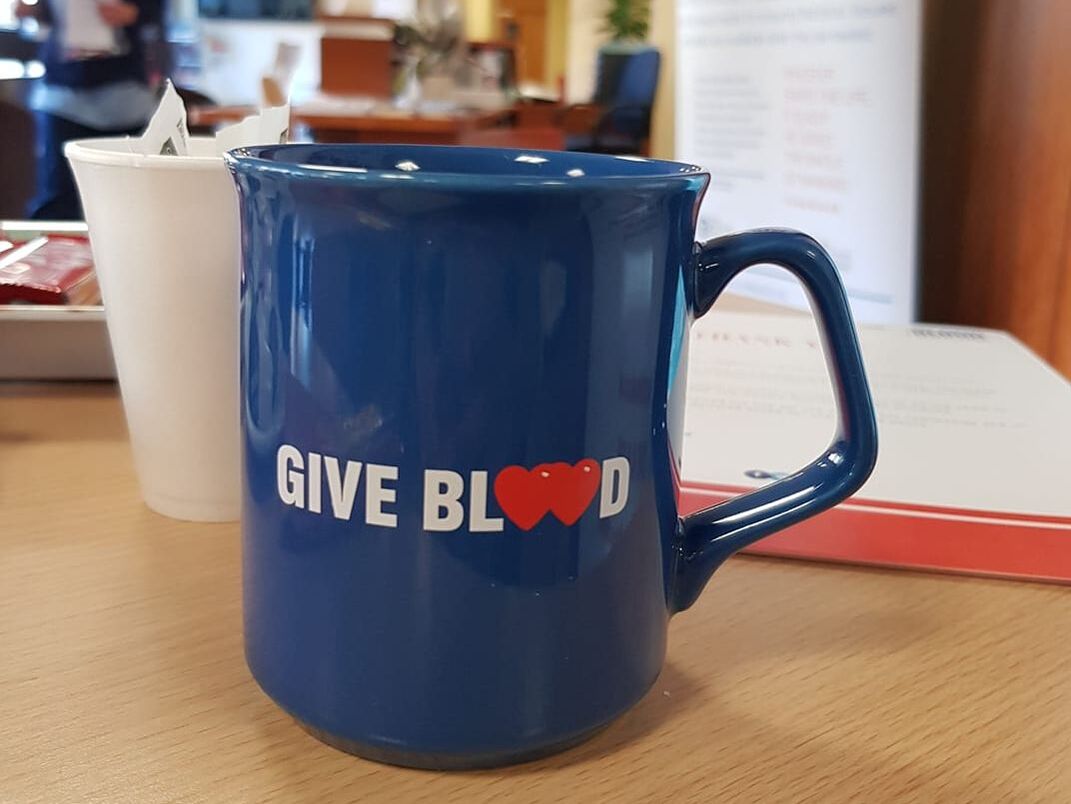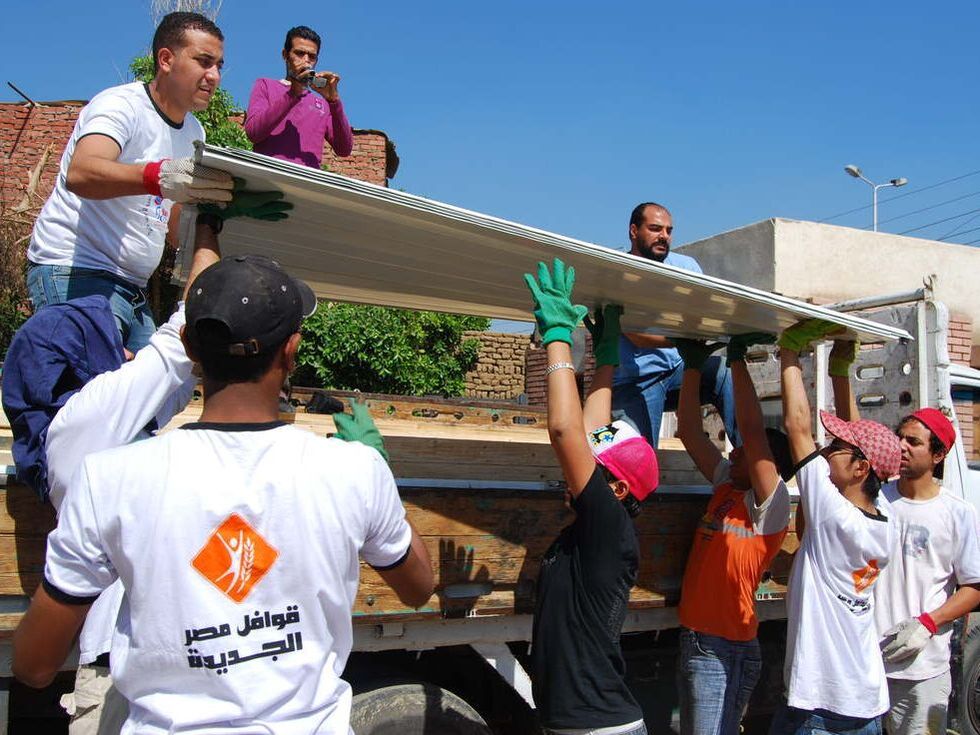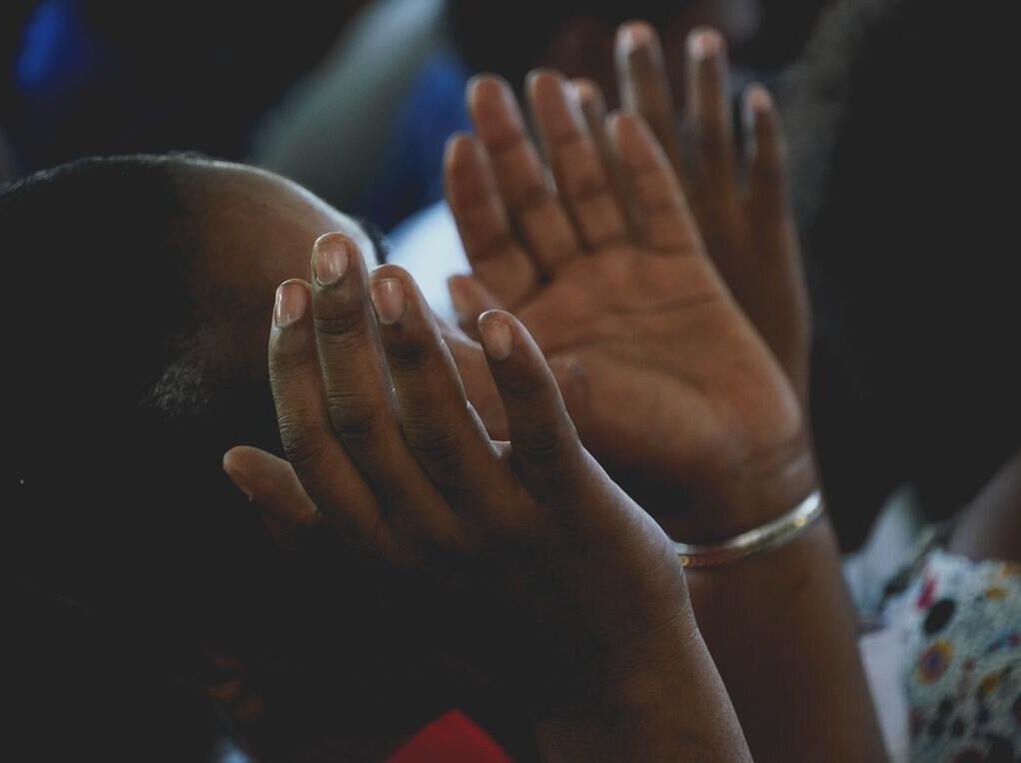|
|
|
Blog post by Fatima Rajina, De Montfort University, UK
When we think about Muslim clothing, often our immediate thoughts turn to Muslim women and their sartorial choices. Much of this has been framed via the media because of its incessant coverage, focusing on many European countries and their legislation monitoring Muslim women's clothing choices. This very discussion is in the press currently, as France has banned wearing the abaya in schools for young Muslim girls. It is precisely this framing that made me think about where Muslim men fit into this equation. How do Muslim men choose what they wear in public? What informs their decisions? As a result, in my Identities article, 'British Muslim men and clothes: the role of stigma and the political (re)configurations around sartorial choices', I diverted from the fixation on Muslim women and interrogated the political imagination and (re)configuration of dress practices among British Bangladeshi Muslim men. I selected three attires, the lungi, the funjabi and the thobe, because of what they represent for Bangladeshis. The lungi and funjabi, although associated with Bangladeshis, carry different meanings in the diaspora than in Bangladesh. I explore how these two garments are worn in the UK and how they (re)appear in public. In contrast, the thobe projects an Islamic universalism not afforded to the first two garbs and carries a different form of visibility. I focus on how British Bangladeshis of varying age groups interact with different forms of attire and what it means for their identity negotiation in the public sphere.
0 Comments
Gender, as expressed on namely the bodies of Muslim women, is positioned at the centre of the radical right’s linkage between migration and religion. This link is visible in the persistent debates on the ban of Muslim body-covering, which in Austria has been promoted by the Austrian Freedom Party (FPÖ) since the turn of the century.
FPÖ’s debates on the ban of Muslim body-covering – of the headscarf in kindergartens and schools or of full body-covering in public spaces – which re-emerged since 2015, illustrate that the radical right instrumentalizes the intersection of gender, body and religion in its search for new forms of governing. As I explore in my recently published Identities article, ‘Radical right populist debates on female Muslim body-coverings in Austria. Between biopolitics and necropolitics’, the radical right’s debates over female Muslim body-covering are embedded in the neoliberal reorganisation of societies and a crisis of governability, which radical right-wing actors use to implement their own biopolitical and necropolitical projects.
A broad and perhaps underappreciated feature of radical right populism is its simultaneous mobilization of cultural Christianity, on occasion combined with secularism, and women’s (and sometimes LGBT+) rights in a racializing, anti-immigration, and anti-Islamic discourse. Take for example the recent reaction in the USA of Republican Representative Marjorie Taylor Greene, who proclaimed on Twitter that ‘I am being attacked by the godless left because I said I’m a proud Christian Nationalist’ and added that she is even being called ‘a Nazi because I proudly love my country and my God’. By the same measure, in Italy, the League (La Lega) chairperson Matteo Salvini has previously maintained publicly his certainty that ‘Madonna will bring us the [political] victory’ and praised in religious conservative media the ‘traditional (heterosexual) family’.
Concocted by the conservative quarters of the Vatican, the disparaging term 'gender ideology' has been taken up not only by the radical right, but also by some centre-left, liberal commentators, seemingly unconcerned with the concept's troublesome history. One notable example is the Economist's last year article denouncing the so-called 'trans ideology', titled A backlash against gender ideology is starting in universities. In my Identities article, 'Framing ‘gender ideology’: religious populism in the Croatian Catholic Church', I consider the provenance of how the 'gender ideology' frame was utilized by the Catholic church in Croatia – one of the earliest cases of widespread anti-gender mobilization in Europe.
Having gone through a double transition to a capitalist liberal democracy, the revived religious nationalism in Croatia competed with liberal values from the 'free Western world'. The generous Vatican agreements signed in the late '90s by the authoritarian, right-wing government provided fertile ground for a blossoming of Catholic evangelization and proliferation of lay activism. In contrast to current research on the populist radical right which demonstrates the manipulation of religion committed by political actors, I identify factions of the Church itself as populist entrepreneurs. Polarizing populist discourse is traced back to Pope John Paul II's warnings against 'the war of the powerful against the weak', and connected to newer doctrinal, papal writings on issues of gender, ecology and politics.
Populist parties and leaders have become important actors across the globe. The 2022 presidential elections in France, and parliamentary elections in Sweden, as well as Turkey’s 2023 presidential elections not only revived academic research on populism and stirred scholarly debate about how to conceptualize it, but also compelled electors and political actors to reflect on the political developments taking place on the populist right front.
In our Identities article, ‘The veil as an object of right-wing populist politics: A comparative perspective of Turkey, Sweden, and France’, we selected three countries which have extremely different religious, secular, and cultural contexts. We then analyzed the political statements by the radical right-wing parties in each of the chosen countries: the Justice and Development Party (Adalet ve Kalkınma Partisi, AKP) in Turkey, the National Rally (Rassamblement National, NR) in France and the Sweden Democrats (Sverigedemokraterna, SDs) in Sweden. 'A radical Islamist terrorist targeted the nightclub (…) in order to execute gay and lesbian citizens, because of their sexual orientation. It’s a strike at the heart and soul of who we are as a nation.'
- Donald Trump
PRR’s LGBT stances The statement from then-Presidential nominee Donald Trump followed the 2016 mass shooting at Pulse, a gay nightclub in Orlando, Florida. Later, in 2020, Trump referred to himself as 'the most pro-gay President in America'. Simultaneously, he appointed overtly anti-LGBT candidates to judicial positions and oversaw various policies legitimizing the exclusion of LGBTQ+ people. Trump’s contradictory attitude towards LGBTQ+ minorities is emblematic of a broader Western trend in populist radical right (PRR) politics: PRR actors often adopt pro-LGBTQ+ stances whilst simultaneously propagating not only heteronormative family values and conservative religious moralities, but actively anti-LGBTQ+ policies.
The adamant defense of Christianity by far-right populists, as well as their ostensible display of Christian symbols such as the rosary, have been interpreted as hijacking religion from the hands of religious leaders and institutions. In fact, religious leaders have often accused far-right politicians of instrumentalizing religion for political gain, while far-right politicians have accused religious leaders of not defending Christianity against Islam. In a sense, far-right populist actors present themselves as being better interpreters and defenders of Christianity than religious leaders.
As many scholars have pointed out, the Christianity that far-right populism defends is a matter of culture and tradition imbricated in the historical past and national identity rather than a matter of faith. Thus, populists have been accused of not being ‘true believers’ and twisting religion to better serve their aims, and self-identified religious people who support far-right populism have been framed as victims of the political instrumentalization of religion. In my Identities article, ‘Hijack or release? On the heuristic limits of the frame of instrumentalization of religion for discussing the entanglements of populism, religion, and gender’, I explore the relationships between populism and religion from another angle, taking the transformations undertaken by religion and religiosity in contemporary societies into account.
In 2018, Romania organised a national referendum with the goal of defining in the Constitution that a family is composed of a man and a woman. Most of the parliamentary political parties openly supported the issue. The turnout failed to pass the 30% threshold needed for the referendum to be validated, but 93% of those who voted were in favour of this restrictive definition of family. It should be noted that the Romanian referendum was not an isolated case. Similar mobilisations around family and marriage issues have taken place throughout Central and Eastern Europe since the beginning of the 2010s (Croatia 2013, Slovakia 2015, or Slovenia 2015, for instance).
In our Identities article, ‘No populism’s land? Religion and gender in Romanian politics’, we analysed the way parliamentarians used religious symbols and contents within their speeches during the debates for the 2018 referendum. We focused our research on the parliamentary debates covering the adoption of the referendum in Parliament (2012–2018) and the follow-up period (2018–2020) to analyse the ways political actors conceive and represent religion and gender in contemporary politics.
On April 11, 2015, Pia Kjaersgaard, former leader of radical right populist Danish People’s Party concluded in her opinion piece: ‘We must dare to say that Christianity is better than Islam’. One year later, during the so-called burkini debate in France, Marine Le Pen, leader of radical right populist National Rally (formerly National Front), wrote in her blog: ‘This is the soul of France that is in question (…) France does not lock away a woman’s body, France does not hide half of its population under the fallacious and hateful pretext that the other half fears it will be tempted.’
These examples illustrate phenomena that have interested both academics and the public following the rise of radical right populist parties in the last couple of decades. More clearly, how are religion and gender featured in the rhetoric of such parties? These debates reveal two paradoxes.
As India hosted the World Environment Day celebrations in 2018, the prime minister, Narendra Modi, addressed the nation through his radio programme:
This is a very important achievement for India and it is also an acknowledgement as well as recognition of India's growing leadership in the direction of tackling climate change. This time, the theme is ‘Beat Plastic Pollution’. I appeal to all of you that while trying to understand the importance of this theme, we should all ensure that we do not use low-grade polythene and low-grade plastics and try to curb the negative impact of plastic pollution on our environment….Our culture, our traditions have never taught us to be at loggerheads with nature. In his speech, India was projected as a leader in addressing climate change and a putative Indian culture was extolled as being effortlessly ecologically friendly. However, Modi’s claim of an environmentally-friendly Indian tradition is not supported by empirical evidence. For example, notions of civilisation in pre-colonial India– rather than preservation – of forests. Similarly, the intensification of traditional agriculture had detrimental ecological consequences even prior to the commercialisation of agriculture under colonial rule. Nevertheless, this claim of an ecologically sensitive Indian past is widely encountered – and promoted – in India and abroad. Disentangling culture, religion and economy in the native communities of the Shenzhen megalopolis7/7/2021
The rise of China is mostly perceived as an economic phenomenon. Yet, there is also the cultural dimension: What are the implications of Chinese leaders proclaiming that Chinese cultural traditions must be endorsed, as they essentially define what it means to be Chinese? The revival of popular religion in China, such as ancestral worship, which was suppressed over decades, but is now even applauded by President Xi Jinping as an expression of cherished core values of the Chinese, family and filial piety.
However, many phenomena related to religious practices in China defy conceptions of ‘religion’ developed in the light of Western historical patterns. Rituals are central in these phenomena, which can also be conceived as local customs and community traditions that express social norms and conceptions of social order without implicating ‘religion’. This ambiguity or even dissociation of ritual and religion is characteristic for East Asian societies and can be also observed in Japan, where ritual practices flourish, yet the majority of Japanese claim that they are ‘not religious’. Our Identities article, ‘Interaction ritual chains and religious economy: explorations on ritual in Shenzhen’, looks at these phenomena in the Shenzhen metropolis.
If we look at it sociologically, we see that blood has been associated with a spectrum of positive and negative qualities, from being a symbol of sacred bonds to outright impurity. Blood represents family ties, contains codes and data about our physical health and wellbeing, and is also pervasive in religious symbolism. The blood of a martyr or Messiah represents some truth about salvation, and the relation between humans and the divine.
My Identities article, ‘Could we use blood donation campaigns as social policy tools?: British Shi’i ritual of giving blood’, investigates the socio-cultural settings behind a nationwide blood donation campaign in the United Kingdom, the Imam Hussain Blood Donation Campaign – or in brief, IHBDC. The IHBDC was founded in Manchester by a few young Shia Muslim university students. Almost fourteen years after its foundation, IHBDC is one of the largest cross-ethnic blood donation campaigns collaborating with NHS Blood and Transplant, in England, as well as the Scottish National Blood Transfusion Service (SNBTS). The community activists see this campaign as a way of honouring the sacrifice of their martyr and spiritual leader, Imam Hussain, as well as addressing a health-related social problem. As there is a difference in the frequency of blood types between different ethnic groups, in an increasingly multi-ethnic society, activists are needed to take on the responsibility of assisting with balancing the blood stock level at any given time. The conjunction of religious mythology of blood and donation activism has proved to be effective. Activists are getting more political recognition for their community, while contributing to tackling a social problem. The clearest mark of such recognition is the passing of motions supporting the campaign in both the London and Scottish Parliaments.
Du Bois’ work provides invaluable insights into the nature of reflexivity and self for the racialised 'other', which traditional, classic sociology has often overlooked. Whilst efforts to decolonise sociology continue, such as by including theorists such as Du Bois, there still has not been a sustained effort to dismantle and reconfigure an overwhelmingly white sociological canon still prevalent in European sociology (Meer 2019).
In his seminal work, The Souls of Black Folk (1903 [2007]), Du Bois centres discussion of belonging, identity and self-awareness for racialised minorities through concepts of the ‘Veil’ and ‘double consciousness’. Du Bois’ analogy of the Veil is that of a racial barrier which is made of material in the divided experiences and inequality between the white majority and African-American minorities in the USA. For Du Bois, the Veil’s semi-transparency lends itself to the duality experienced by the racialised ‘other’: a double consciousness or a ‘two-ness’ which incorporates a ‘sense of always looking at one’s self through the eyes of others’ (p.8). In my Identities article, 'Examining BSA Muslim women’s everyday experiences of veiling through concepts of ‘the veil’ and ‘double consciousness’, the focus is on a reflective aspect of living behind the V/veil and the effects of double consciousness on gendered and racialised bodies. Here the capitalisation of the Veil is used to denote Du Bois’ descriptions of a divided world, whilst the non-capitalised use of veil (along with discussion on veiling, veiled) refers to the wearing of the hijab or niqab, as well as ways women discuss veiling practices.
The 21st century has witnessed a range of mass movements and street protests around the Arab world. In early 2011, an uprising founded on visions for a more just and free Egypt led to the overthrow of President Hosni Mubarak, while the following years and the election of Field Marshall Abdel Fattah al-Sisi proved that the military regime was far from defeated. Nevertheless, both opposition protests and state arrests continue to influence politics and everyday life in the country. For young people, political events are often formative for their images of what the future holds and what possible selves they imagine. The contemporary context of Egypt thus provides an opportunity to analytically explore the dynamics and intertwinement of personal hopes, utopian aspirations and post-revolutionary nostalgia and disappointment.
In my Identities article, ‘Experimenting with alternative futures in Cairo: young Muslim volunteers between god and the nation’, I examine how the personal hopes of young middle-class Egyptians develop into utopian aspirations for an alternative society, and eventually, how such aspirations are both strengthened and shattered in the aftermath of an uprising. Through ethnographic fieldwork among volunteers in Resala, Egypt’s largest Muslim youth NGO, from 2009 to 2015, I followed some of these young people from their first experiences with Muslim volunteer work through their excitement of the 2011 uprising. and finally to post-revolutionary times where they again renegotiate their orientations towards the future.
Scholarship on the different ways that international development is understood, accessed and engaged by various communities, is often contextualised by analyses of how these complex practices are communicated to (and received by) audiences. This includes established motifs of poverty and social deprivation in visual discourses of ‘charity’ and ‘need’ that abound literature, film, television and the social media of western democracies. Indeed, insights have also been drawn from quantitative and experimental measurements of people’s philanthropic propensities and attitudes towards ‘distant others’. While these are well established, less considered are the broader understandings of development that are informed by religion and faith subjectivities, especially for African diaspora communities engaged in international and local forms of development. Addressing this gulf in knowledge has important implications for the scholarly and programmatic application of development and attendant policy recommendations. This is especially true when recognising African diaspora identities as critical for engendering particular forms of cooperation and alliance with religious members of these communities. So too, how and to what extent their religious orientations shape and determine their different priorities, strategies and traditions of ‘help’ and ‘giving’ in and for their countries and communities of heritage.
As such, are we to assume that religion(s) and faith identifications are inconsequential or secondary to how diasporas participate in and negotiate understandings of international development? Or are they much more significant and constitutive than we think? Is there space for religiously informed interpretations of international development that move beyond its definitional and operational preoccupation with technocratic rationality to allow for new and extended conceptual possibilities? All these speculative questions and theoretical possibilities constitute the intellectual space within which my Identities article: '"An outward sign of an inward grace": how African diaspora religious identities shape their understandings of and engagement in international development’, is concerned. |
|
Explore Identities at tandfonline.com/GIDE |
|
The views and opinions expressed on The Identities Blog are solely those of the original blog post authors, and not of the journal, Taylor & Francis Group or the University of Glasgow.
